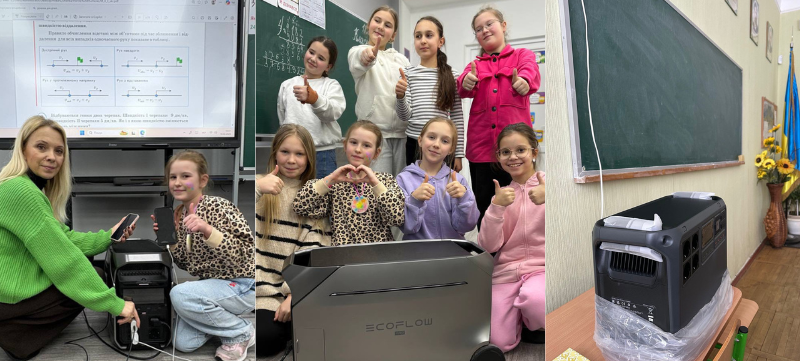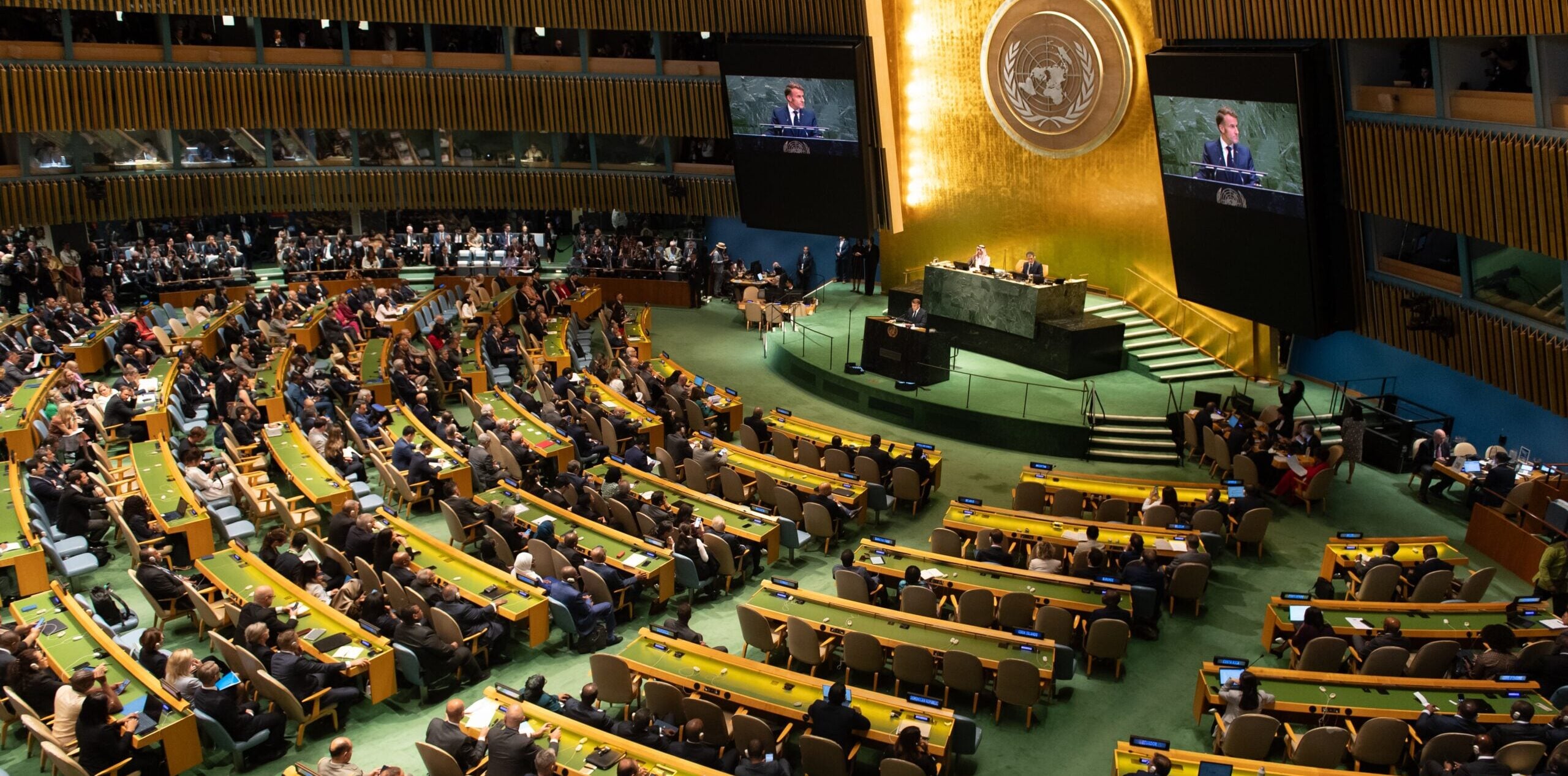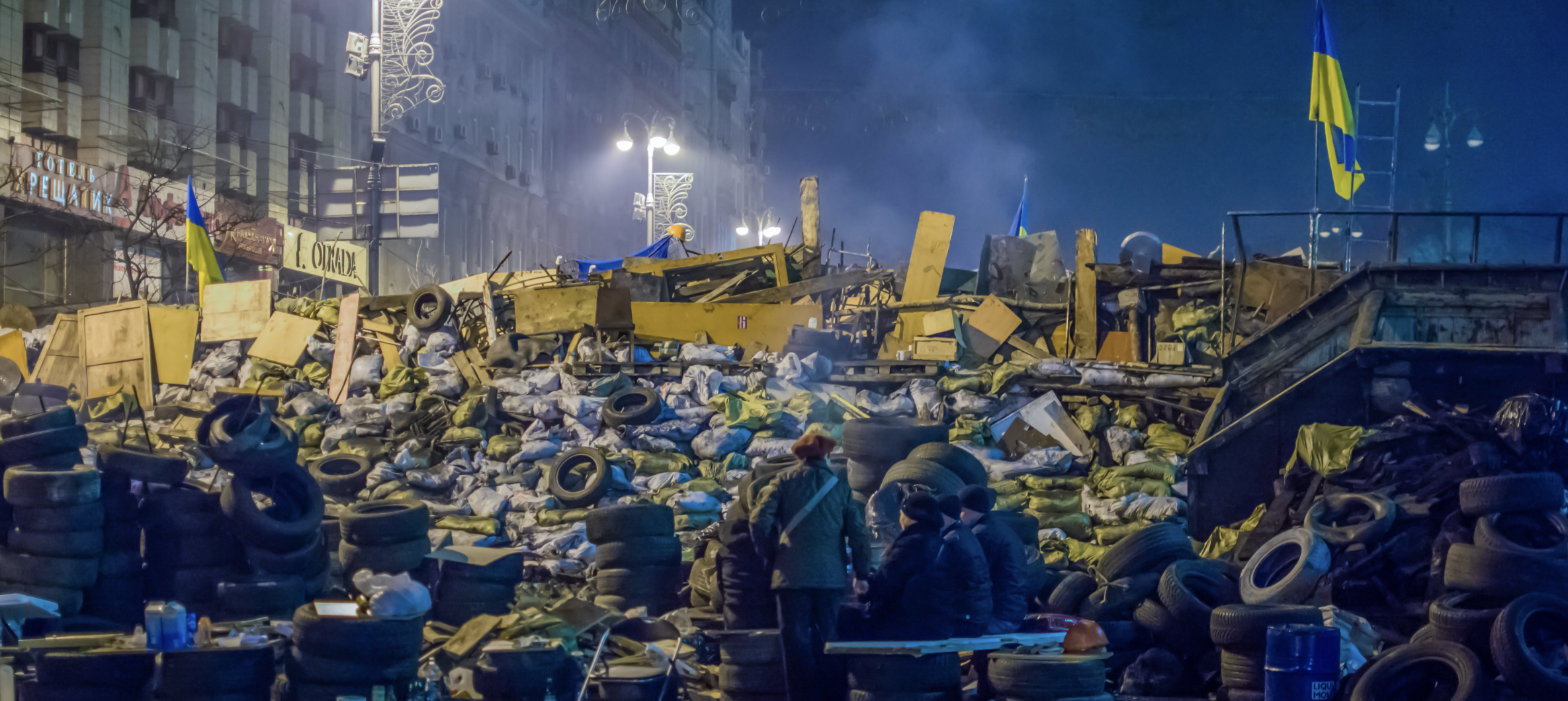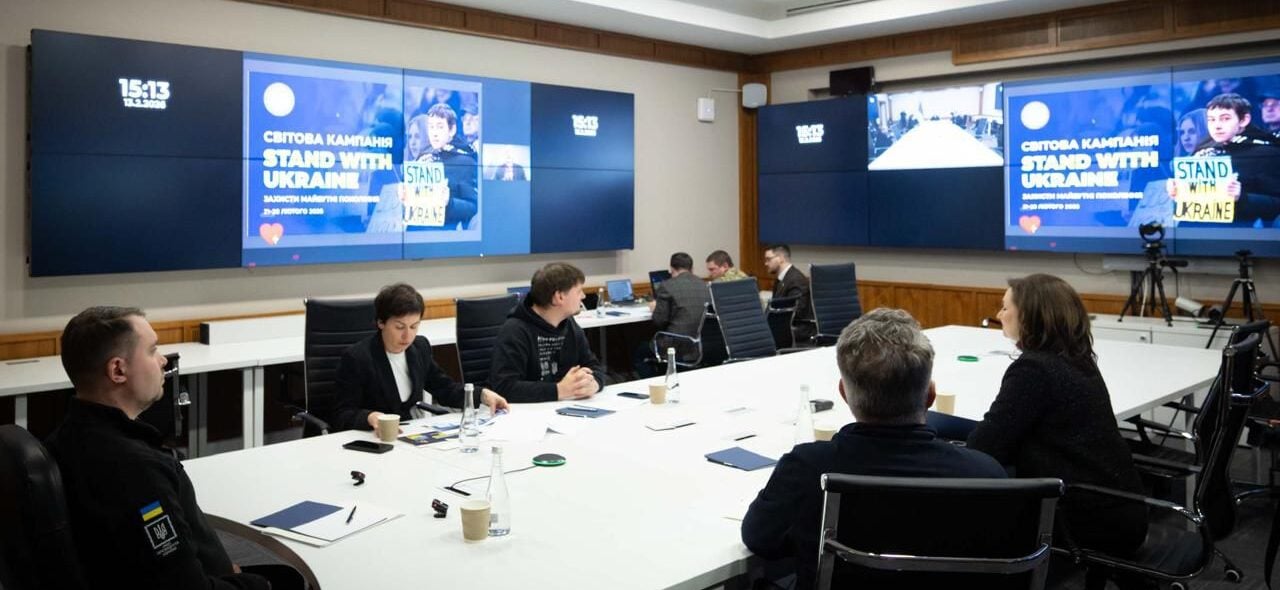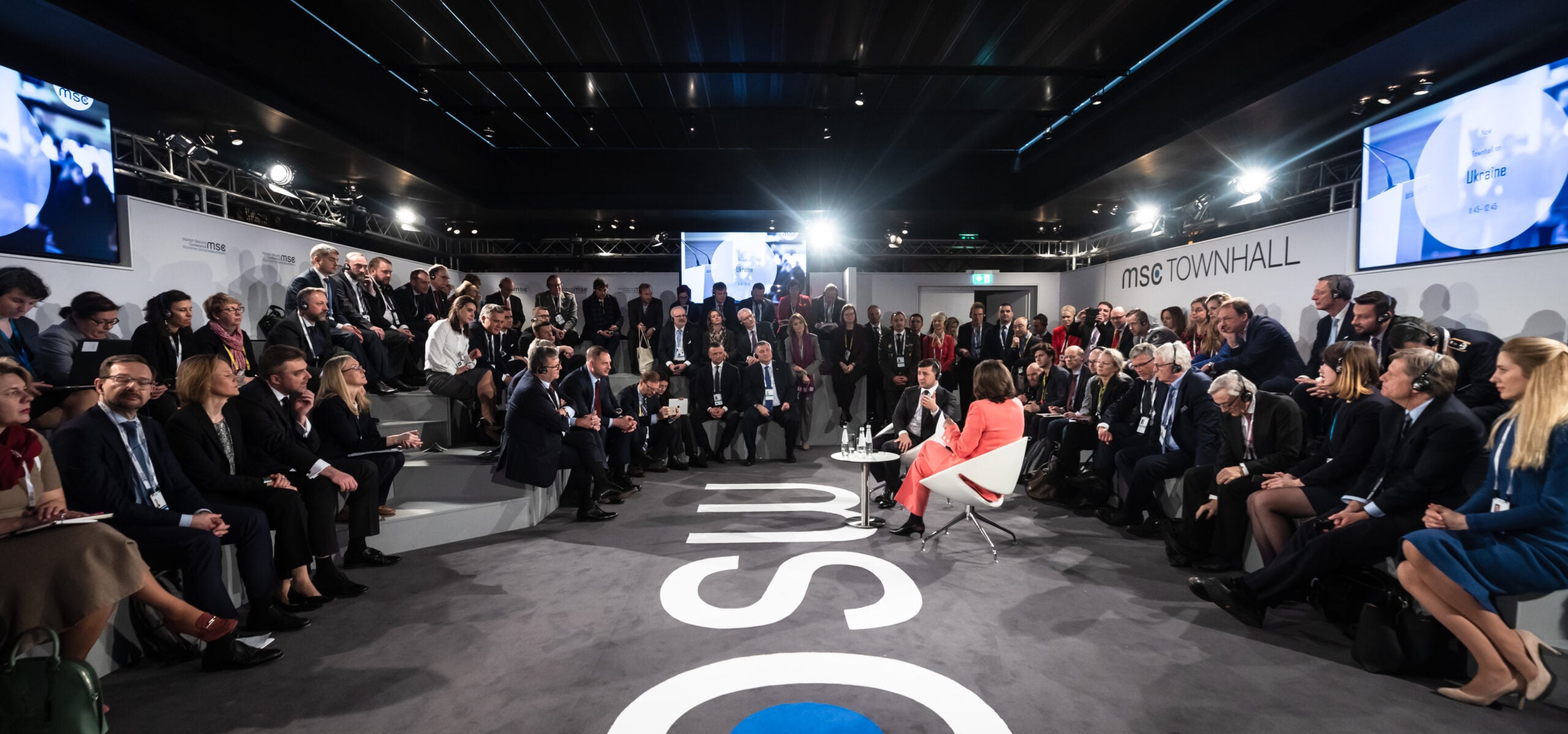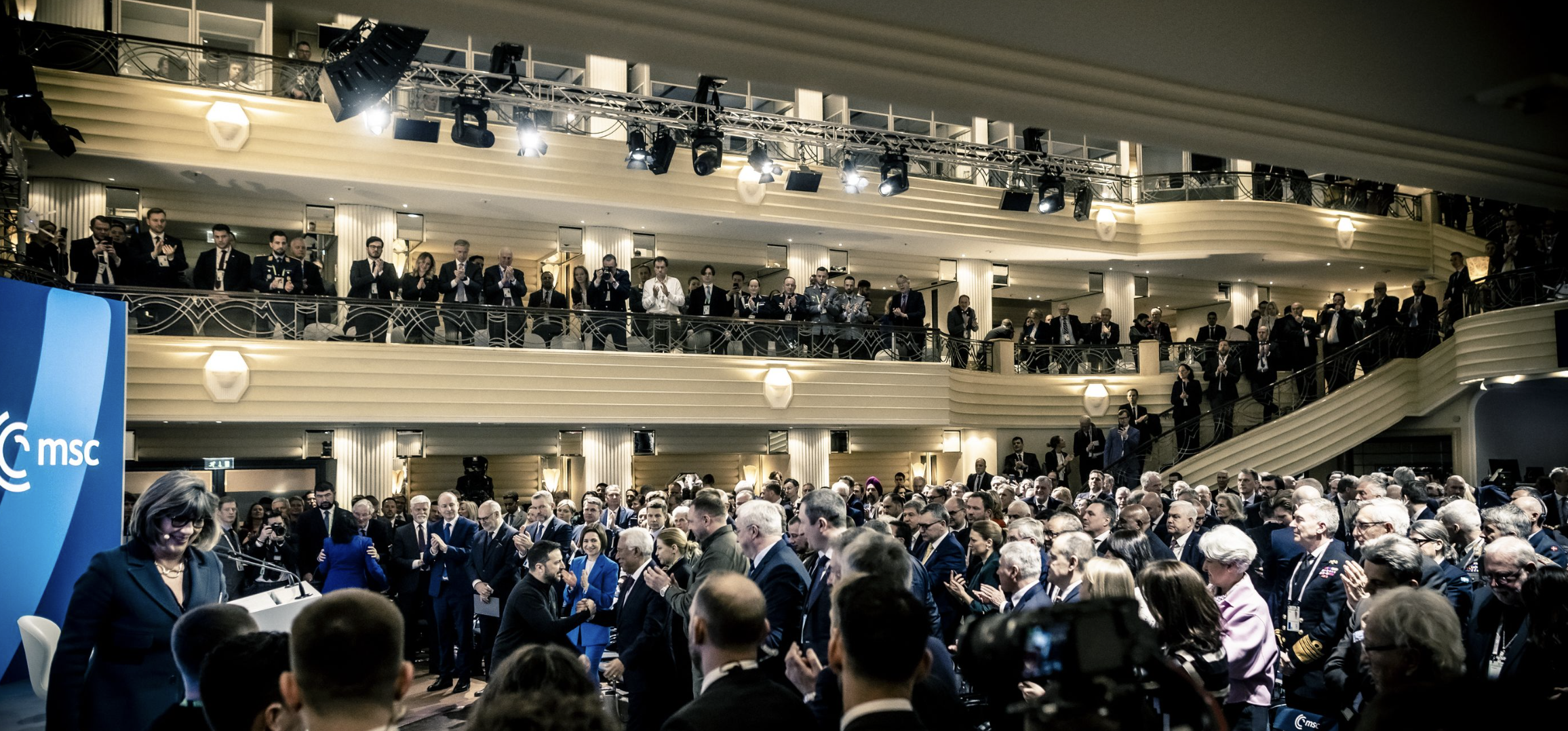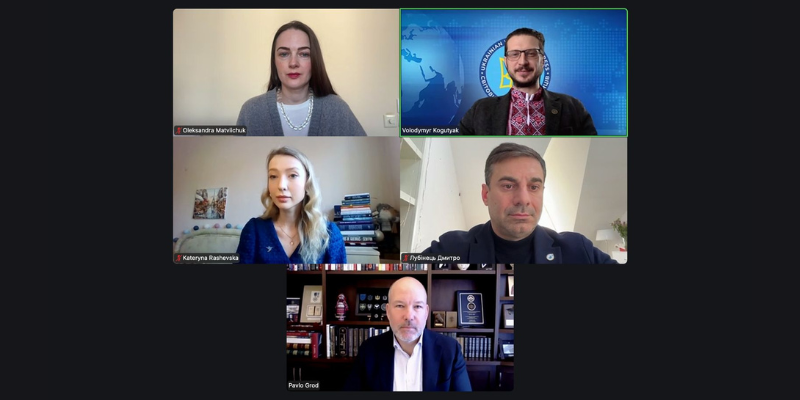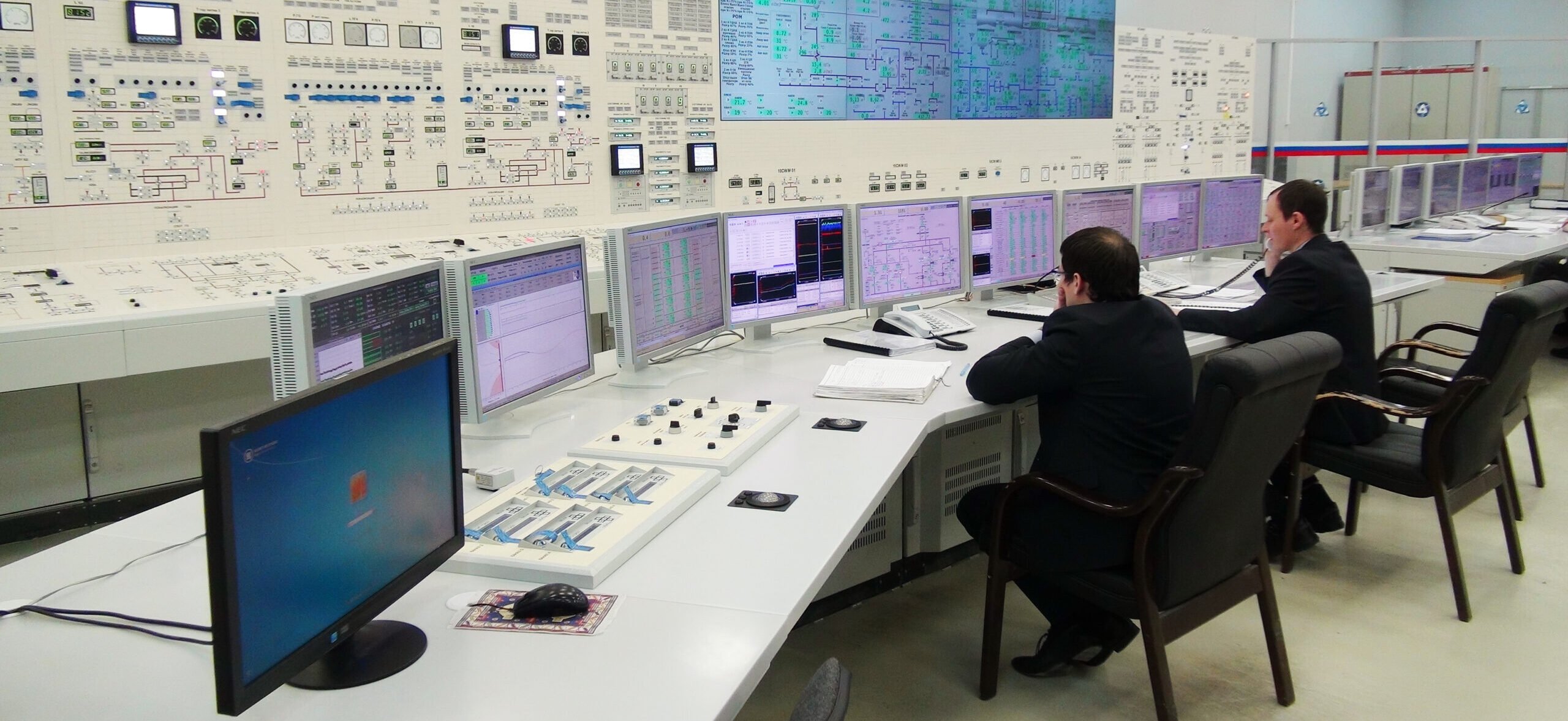
by Dzvinka Kachur, UWC Regional Vice President for Africa and co-founder of the Ukrainian Association of South Africa (UAZA); Volodymyr Lakomov, an expert of the Ilko Kucheriv Democratic Initiatives Foundation.
Source: Daily Maverick
The occupation by Russia of Ukraine’s Zaporizhzhia Nuclear Power Plant (ZNPP) is the first instance in history where a nuclear power plant has been militarily occupied and operated for over three years during active warfare.
The deadline that U.S. President Donald Trump had established for Russia to start a ceasefire, stop its aggression against Ukraine, or otherwise face the threat of sanctions was Aug. 8, 2025.
This was the sixth time that Trump had demanded that Vladimir Putin stop the war; however, Putin had previously declined such offers. The day passed uneventfully.
During the 11 years of the Russian invasion of Ukraine, numerous peace initiatives have emerged, including the African Peace Mission. But analysts see little sign that Putin is prepared to abandon his intention to take control of Ukraine.
In 2022, Russia declared in its Constitution that four Ukrainian regions were part of its territory, but failed to fully take over any of them militarily.
Now Putin would have to amend the Russian constitution to halt the aggression at the current frontline — a highly risky political move that could bring about the end of his political power. Thus, he is demanding that Ukrainians leave their homes “voluntarily” because the Russian army failed to take these territories by force.
In July this year, Russia launched more than 6,000 drones and fired dozens of missiles targeting Kyiv and other Ukrainian cities, killing civilians far from the frontline. Just in the first half of this year, 6,754 civilians have been killed or injured, according to the UN. The war remains intense, and no one is safe in Ukraine.
[…] President Cyril Ramaphosa, who has previously spoken in support of Ukraine’s territorial integrity, also spoke with both the Russian and Ukrainian presidents last week, raising expectations that a ceasefire may be possible.
Sanctions
The expectations are that Trump can speak from a position of strength and threaten sanctions. However, given Russia’s negligible trade with the U.S., what sanctions could Trump introduce that would be meaningful?
The Russian state budget used to receive about 50% of its revenue from oil and gas exports; this had already dropped to 30% in 2024. Further sanctions could seriously undermine the Kremlin’s ability to fund the war, which is expensive to run. In 2025, a record 40% of Russia’s state budget has been allocated to defence and security.
Another 6%-10% of revenue comes from the Russian state agency Rosatom, which serves a dual role: developing civilian nuclear reactors and acting as a strategic arm of the Kremlin’s military sector by producing parts for non-nuclear weapons and other defence technologies.
Rosatom’s subsidiaries supply components to Russia’s military-industrial complex, including drone technologies. Some of these facilities, such as the drone production factory in Alabuga, have been accused by the Global Initiative Against Transnational Organized Crime of recruiting African women aged 18 to 22 to drone production under allegedly false promises of a “work-study programme”.
Rosatom, whose regional office has operated in South Africa since 2012, plays a key role in the military occupation of the Zaporizhzhia Nuclear Power Plant, Europe’s largest nuclear power plant, seized by Russian military forces in March 2022 and turned into a geopolitical hostage.
The occupation of the plant is the first instance in history where a nuclear power plant has been militarily occupied and has been operated for more than three years during active warfare. Rosatom plays a key role in this precedent.
The violations of the International Atomic Energy Agency’s seven nuclear safety pillars — the physical integrity of facilities, operability of safety systems, autonomy of staff decision-making, secure off-site power, uninterrupted logistics, effective radiation monitoring and reliable communication with regulators — have already been documented at the Zaporizhzhia Nuclear Power Plant.
The detailed analysis of these violations and what they mean for the African continent is presented in the Policy Brief on Nuclear Safety during Military Invasion, presented ahead of the African Union’s Mid-Year Coordination Meeting in Accra in July 2024. The brief presents a comprehensive case study of nuclear vulnerability during wartime and calls for urgent action by African countries, including South Africa, to prevent similar situations on the continent.
However, the challenges at the occupied Zaporizhzhia Nuclear Power Plant go beyond the risk of physical damage to the facility.
In May 2025, the International Labour Organization (ILO) reported that 13 Zaporizhzhia Nuclear Power Plant employees had been abducted, including three cases this year. The whereabouts of at least one detained worker remains unknown. The organization also documented forced labour, coerced union membership and serious occupational safety risks for staff.
Cover: Shutterstock
